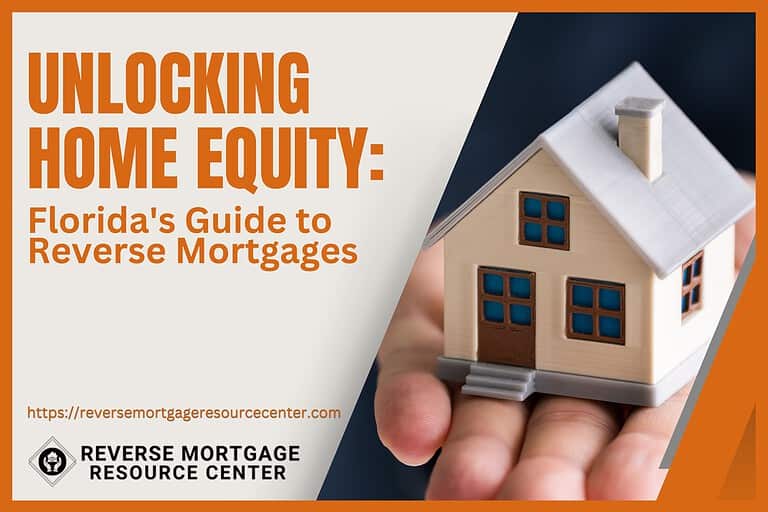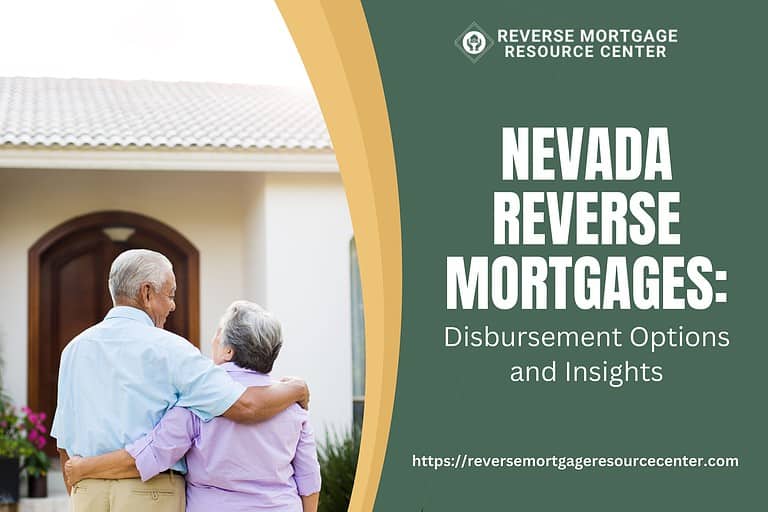Reverse Mortgages and Tax Considerations in Nevada
Nevada citizens are managing the intricacies of retirement planning and homeownership as the Silver State basks in the sunshine of its renowned desert landscapes and vibrant cities. Reverse mortgages have gained appeal among financial tools to access home equity and ensure financial stability throughout retirement. This essay will go into reverse mortgages, with a special emphasis on tax implications in Nevada.
The Basics of Reverse Mortgages
What is a Reverse Mortgage?
A reverse mortgage is a financial instrument that allows homeowners 62 and older to convert a portion of their home equity into income tax-free funds without selling their property, relocating, or taking on new monthly mortgage payments. Unlike typical mortgages, where you make monthly payments to the lender, a reverse mortgage has the lender advancing funds to you.
Types of Reverse Mortgages
In Nevada, as in the rest of the country, there are three types of reverse mortgages:
Home Equity Conversion Mortgage (HECM): The most common type of reverse mortgage is the HECM, which is insured by the Federal Housing Administration (FHA). Fixed-rate and adjustable-rate loans are among the options available with HECMs.
Proprietary Reverse Mortgage: These are non-FHA-insured private loans offered by lenders. They might be appropriate for homeowners with high-value residences.
Single-Purpose Reverse Mortgages: These are often provided by state and local governments and nonprofit organizations. They are intended for certain objectives, such as paying property taxes or repairing homes.
Tax Considerations in Nevada
Federal Tax Implications
One of the most tempting characteristics of reverse mortgages is that the federal government usually does not tax the proceeds as income. This implies that the money you get from a reverse mortgage, whether in the form of a lump amount, monthly disbursements, or a line of credit, is not taxed as income.
State Tax Considerations in Nevada
Nevada is frequently regarded as a tax-friendly jurisdiction, and this holds true for reverse mortgages. Reverse mortgage proceeds are not subject to state income tax in Nevada. Because of this favorable tax status, reverse mortgages may become an even more appealing alternative for Nevada retirees trying to supplement their retirement income.
Property Tax Considerations
Property taxes can be a considerable financial hardship for retirees on a fixed income. Fortunately, Nevada has a property tax relief program called the “Property Tax/Rent Rebate Program.” This program assists low-income seniors, including those with reverse mortgages, by reimbursing a portion of their property taxes or rent payments. Eligibility requirements apply, so check to see if you qualify for this program.
The Impact on Medicaid and Supplemental Security Income (SSI)
The potential impact on Medicaid and Supplemental Security Income (SSI) eligibility is important for anyone considering a reverse mortgage in Nevada.
Medicaid
Medicaid is a federal and state-funded healthcare program that serves low-income individuals and families. Medicaid eligibility is means-tested, meaning your income and assets are considered when assessing eligibility. The proceeds of a reverse mortgage may raise your overall assets, affecting your eligibility for Medicaid. To understand how a reverse mortgage may affect your Medicaid eligibility, speak with a financial counselor specializing in Medicaid preparation.
Supplemental Security Income (SSI)
The Supplemental Security Income (SSI) program is a government program that offers financial support to disabled and elderly people with limited income and resources. SSI eligibility, like Medicaid, is determined by your financial circumstances. The proceeds of a reverse mortgage may be considered income thereby affecting your SSI benefits. To handle these complex concerns, speaking with a financial advisor or attorney familiar with SSI requirements is best.
Estate Planning Considerations
Another factor to consider while researching reverse mortgages in Nevada is how they may affect your estate planning.
Home Inheritance
Typically, with a standard mortgage, you work toward paying off the loan so your house can be passed down to your heirs. A reverse mortgage, on the other hand, gradually increases the amount owed. When you pass away or leave your house, the debt becomes due, and your successors may be required to repay it to keep possession of the property. For HECM loans, they are not obligated to repay more than the appraised value of the home at the time of repayment, even if the loan balance exceeds that value.
Protecting Your Heirs
If you intend to leave your house to your heirs, you must discuss your reverse mortgage plans with them and ensure they understand their responsibilities. You may also consider purchasing a life insurance policy to cover the estimated loan sum, guaranteeing that your descendants can keep the home without financial hardship.
Wrap Up
For Nevada retirees wishing to tap into their home equity and increase their financial stability during retirement, reverse mortgages can be a strong financial instrument. Many residents find reverse mortgages appealing because of the state’s tax-friendly climate and property tax help programs. However, while evaluating whether a reverse mortgage is best for you, you must examine the potential impact on Medicaid, SSI eligibility, and estate planning.
Consult with a certified financial advisor specializing in reverse mortgages and elder financial planning before embarking on this financial journey. They can assist you in navigating the complexity and making an informed selection that is consistent with your retirement objectives and financial position. By doing so, you can achieve the financial independence you deserve while leaving a legacy for future generations in the lovely state of Nevada.







